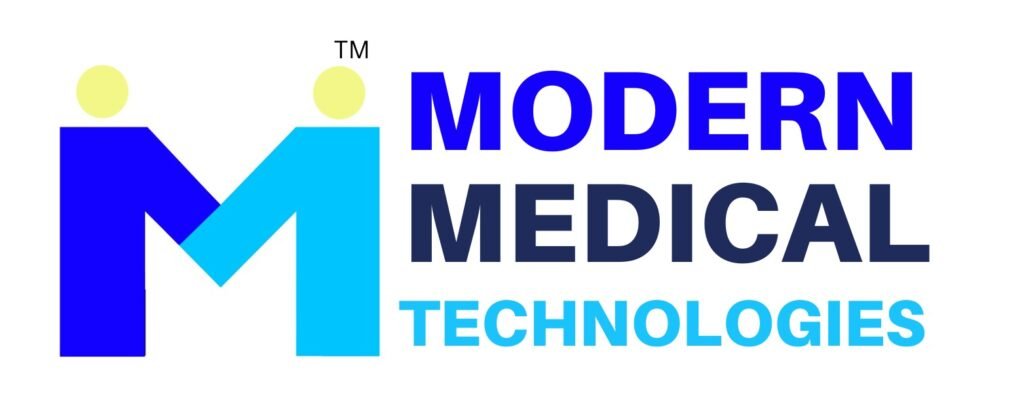
Menu
Medical Coding Syllabus
Medical Coding Syllabus Overview
Introduction to Medical Coding: Medical coding is a critical process in the healthcare industry that involves translating healthcare diagnoses, procedures, medical services, and equipment into universal medical alphanumeric codes. The medical coding syllabus at Modern Medical Technologies is designed to equip students with the skills and knowledge required to excel in this field. Our comprehensive program covers essential coding systems, anatomy, physiology, and the ethical considerations necessary for accurate and efficient coding.
1. Basic Coding Systems:
- Introduction to ICD-10-CM/PCS:
- Understanding the International Classification of Diseases, 10th Revision, Clinical Modification (ICD-10-CM) and Procedure Coding System (PCS).
- Learning how to accurately code diagnoses and procedures using ICD-10.
- CPT and HCPCS Level II:
- Overview of the Current Procedural Terminology (CPT) and Healthcare Common Procedure Coding System (HCPCS) Level II.
- Understanding how to code medical services and supplies.
- Differentiating between the CPT and HCPCS codes.
2. Anatomy and Physiology:
- Introduction to Human Anatomy and Physiology:
- Study of the human body’s structure and function.
- Overview of the major body systems including the cardiovascular, respiratory, musculoskeletal, and nervous systems.
- Medical Terminology:
- Learning the language of medicine, including prefixes, suffixes, and root words.
- Understanding terms related to anatomy, diseases, diagnostics, and procedures.
3. Coding for Specific Specialties:
- Surgical Coding:
- Detailed study of coding for various surgical procedures across different body systems.
- Learning the guidelines for accurate surgical coding.
- Coding for Inpatient and Outpatient Services:
- Differentiating between inpatient and outpatient coding.
- Understanding the specific codes and guidelines for both types of services.
- Specialty-Specific Coding:
- Focus on coding for specialties such as cardiology, oncology, orthopedics, and more.
- Learning the unique coding requirements and challenges for each specialty.

4. Compliance and Ethics:
- Introduction to Healthcare Compliance:
- Understanding the legal and ethical aspects of medical coding.
- Learning about healthcare laws, regulations, and guidelines.
- Overview of the Health Insurance Portability and Accountability Act (HIPAA) and its impact on coding practices.
- Coding Compliance and Fraud Prevention:
- Identifying and preventing coding errors and fraud.
- Learning the importance of accurate documentation and reporting.
5. Practical Coding Exercises:
- Case Studies and Coding Scenarios:
- Engaging in hands-on coding exercises using real-world case studies.
- Practicing coding scenarios to reinforce learning.
- Coding Software and Tools:
- Introduction to the latest coding software and tools used in the industry.
- Learning how to use coding software for efficient and accurate coding.
6. Certification Exam Preparation:
- Review and Practice Exams:
- Comprehensive review of all topics covered in the syllabus.
- Taking practice exams to prepare for certification.
- Career Guidance and Job Readiness:
- Guidance on how to prepare for and pass certification exams such as the Certified Professional Coder (CPC) exam.
- Tips on resume writing, interview preparation, and job search strategies in the medical coding field.

Have any Questions? Call us Today!
- +91-7799990041